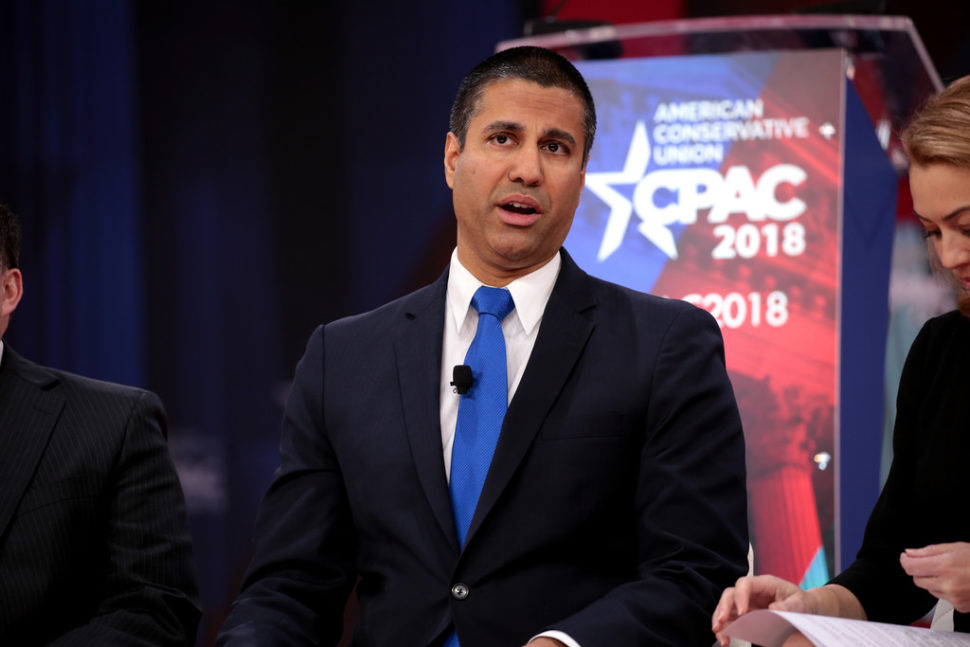Net neutrality rules are now officially dead. What does this mean now for all of us?
June 11th, 2018 marked one of the most controversial days in the history of Internet freedom after the Federal Communications Commission officially repealed the net neutrality rules. The repeal took effect almost six months after the FCC, led by its Republican chairman Ajit Pai, voted to roll back the Obama-era regulations.
“The FCC supports a free and open Internet. The agency’s Restoring Internet Freedom Order, which goes into effect on June 11, 2018, will protect the open Internet that consumers cherish while paving the way for better, faster, cheaper Internet access. The order replaces unnecessary, heavy-handed regulations dating back to 1934 with strong consumer protections, increased transparency, and common-sense regulations that will promote investment and broadband deployment,” the FCC said in a statement released Monday.
In the absence of the net neutrality rules, providers will now have to conform to the regulatory policies set forth by the Federal Trade Commission instead of the FCC. Previously, net neutrality prevented Internet providers from blocking or slowing down access to any online content. This time, they have to disclose all instances that would involve blocking, paid prioritization, and throttling publicly.
Read More:Tech Leaders and Politicians React to FCC’s Net Neutrality Repeal
“In the Restoring Internet Freedom Order, the FCC strengthened its transparency rule so that internet service providers must make public more information about their network management practices,” Pai wrote in an article published yesterday.
“They are required to make this information available either on their own website or on the FCC’s website. This information will allow consumers to make an informed decision about which internet service provider is best for them and give entrepreneurs the information they need as they develop new products and services. Our transparency rule will also help ensure that any problematic conduct by internet service providers is quickly identified and corrected.”
Repealing the net neutrality rules raised concerns that it would give Internet providers too much power over how online content could now be delivered. For instance, Internet providers could favor their content over those of their rivals.
“Those ‘fast lanes’ will put those who won’t or cannot pay in the slow lane, making the internet look a lot like cable TV,” Gigi Sohn, an adviser to former FCC chair Tom Wheeler, told CNNMoney.
Without net neutrality, Internet providers could explore more offers aggressively. This might have positive effects on consumers who want to save money. However, many still fear that repealing the rules would one day allow Internet providers to charge consumers extra to access Internet-based services like Netflix.



















Comments (0)
Most Recent